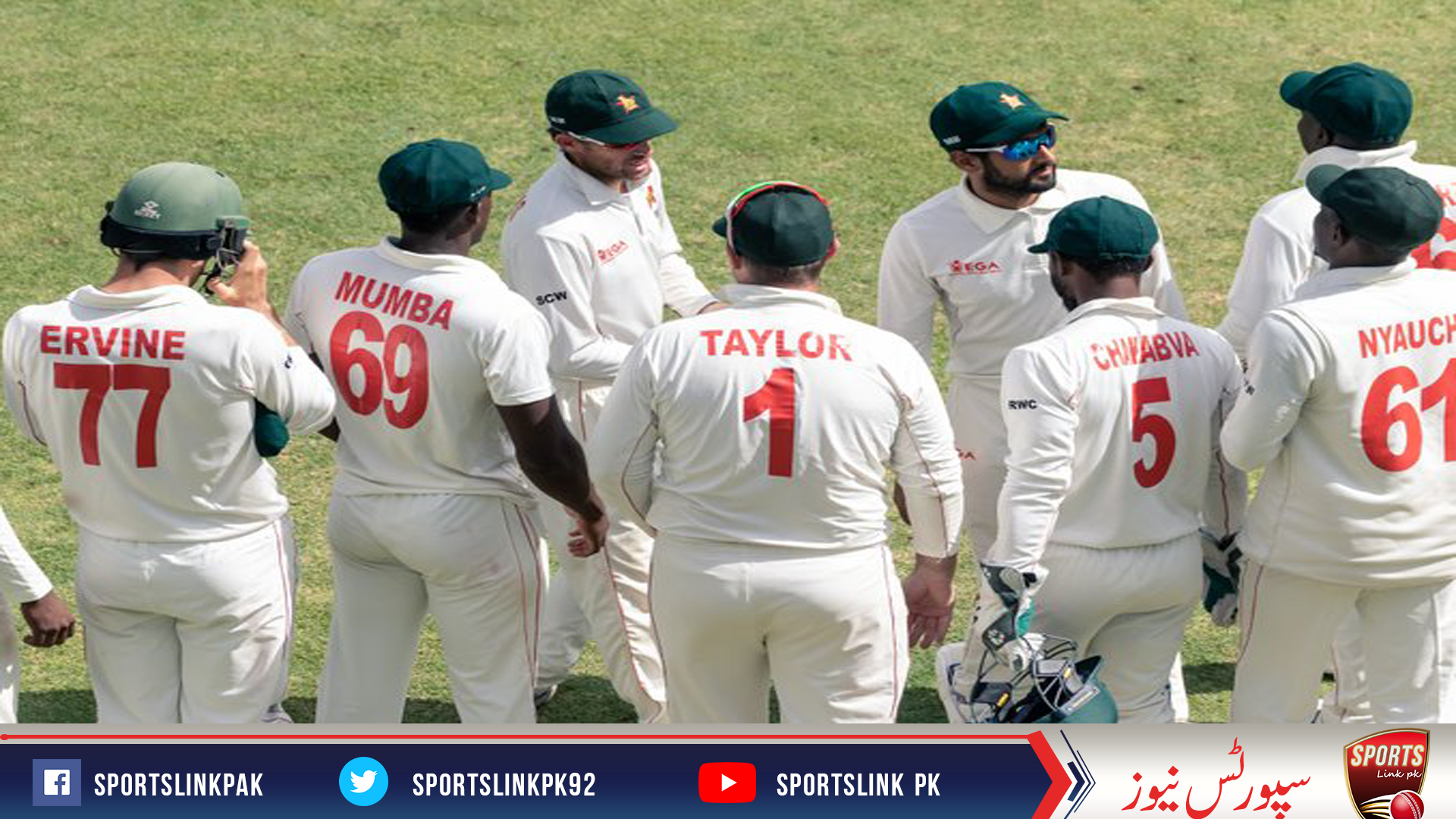Zimbabwe players set to receive pay cuts after Sri Lanka Tests


Even as they pushed for a first ever Test win against Sri Lanka, Zimbabwe’s cricketers did so knowing their salaries would be cut after the two-Test series. Zimbabwe had been defeated in the first Test by 10 wickets, though they fought well in the first half of the match.
Zimbabwe Cricket chairman Tavengwa Mukuhlani said “it can’t be business as usual” given the financial crunch the team faced, and indicated that this was being done to ensure better long-term financial health.
“It’s an on-going process,” Mukuhlani was quoted as saying by Associated Press. “But yes, we will have to cut back. It can’t be business as usual.
“Obviously it’s a bit of a touchy subject. But I will assume that everyone will accept it. We will rather make sacrifices today and survive tomorrow. It’s bring and take, a bargaining process.”
Zimbabwe have faced monetary troubles for several years. On occasions, these have led to players threatening strikes, while more regularly, several promising cricketers have left Zimbabwe to carve out cricket careers elsewhere.
Last year, the ICC had banned all Zimbabwe teams from participating in any international competitions citing government interference in running the national board. During the ban period, the ICC had also stopped all funds to Zimbabwe Cricket. The government had fired the board amid allegations of corruption and financial mismanagement, sparking the ban. The cricket board was later reinstated and the ICC lifted its ban in October 2019.
However, the ban stopped Zimbabwe from playing in the qualifiers for the T20 World Cup that will be held this year in Australia.
Former Zimbabwe captain Alistair Campbell had recently told ESPNcricinfo in an interview that playing the Test series against Sri Lanka would leave a big hole in the budget for Zimbabwe Cricket.
“That’s going to make a big hole in the budget,” Campbell had said. “But it’s a sort of catch-22 isn’t it? You know that you’re making a loss, and it might impact some of your further tours, but you’re eager to play Test cricket. These opportunities don’t arise [often], so you can’t cancel it. You have to go ahead and try to make a plan.”
Zimbabwe were allotted a grant of USD 94 million from the ICC for an eight-year period from 2017. But Mukuhlani, who is part of the ICC board as a representative of a Test-playing nation, said there has been reduced financial help from the ICC in other areas for many countries and that’s exacerbated the problems in Zimbabwe.




